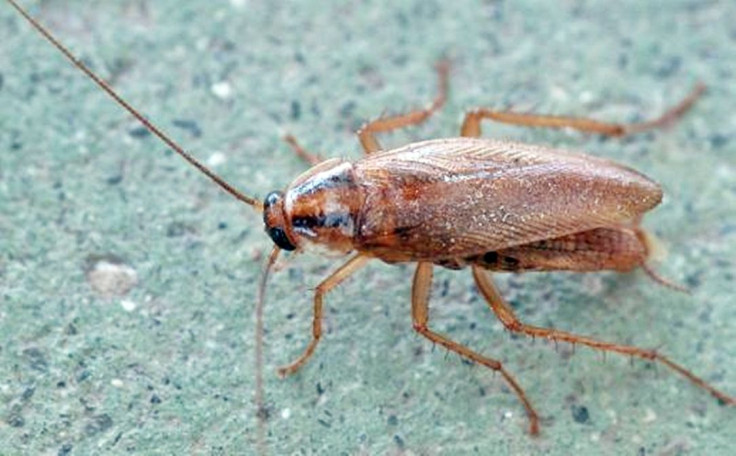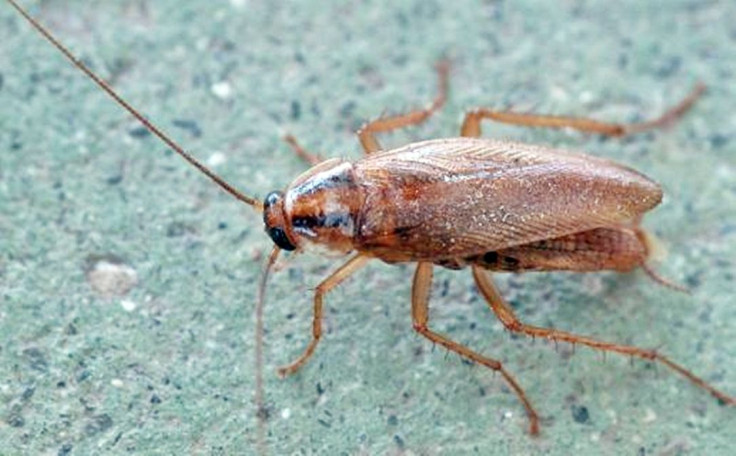German Cockroaches Develop Immunity To Unfamiliar Toxins

The pesky and nocturnal German cockroach (Blattella germanica) reproduces faster than any other residential cockroach. Its ability to grow from egg to reproductive adult in only 60 days or less partly explains why it continues to survive attempts at eradication by poisoning.
Offspring that survive chemical insecticides spread by humans will tend to develop immunity to these toxins over time. Numerous chemoreceptors enable this roach, which is present on all continents except Antarctica, to detect a wide range of toxins, as well as pathogens and food.
Now, scientists have found that new generations of German cockroaches are being born with immunity to toxins they haven’t yet been in contact.
A Purdue University study concludes the evolution of the German cockroach led it to develop immunity to new poisons in as quickly as one generation of offspring.
“We didn’t have a clue that something like that could happen this fast,”said study co-author Michael Scharf. “Cockroaches developing resistance to multiple classes of insecticides at once will make controlling these pests almost impossible with chemicals alone.”
The study was conducted in various buildings in central Illinois and Indiana, as well as at Purdue’s labs with roach infestations. Researchers used combinations of bug sprays and studied several generations of roaches to reach their conclusion.
German cockroaches, which are infamous for being super scavengers that spread disease and bacteria, are described in the report as “the species that gives all other cockroaches a bad name.”
Stopping German roaches from spreading bacteria and disease in the future will depend more on traps and vacuums and less on chemicals to which they’re becoming immune to, said the report.
This is critical because this roach is ubiquitous. The German cockroach is present widely in buildings occupied by humans. It particularly hangs out in restaurants, food-processing facilities, hotels and institutional establishments such as nursing homes. In cold climates, they live only near human dwellings because they can’t survive severe cold.
By the way, German cockroaches are called Russian cockroaches by Germans.

Published by Medicaldaily.com



























